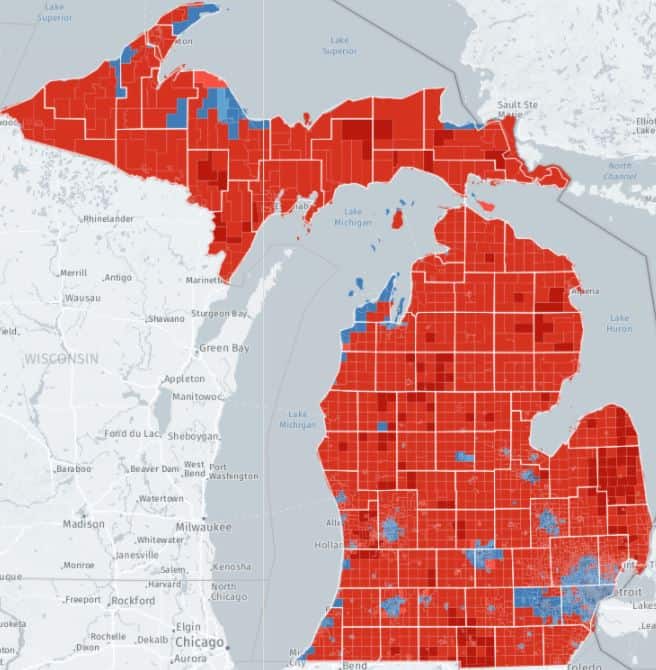LONDON – A breakthrough cancer treatment plan could be a “cure” for a death sentence form of the disease.
An experimental new treatment being pioneered by Dr Paul Mulholland, a brain cancer specialist at University College London, has proved remarkably successful for some patients – and experts say it could be available within five years.

Brain cancer affects more than 12,000 Britons a year and relatively few survive, with just one in 10 patients alive a decade after diagnosis and people often ignoring common signs.
This is partly to do with the speed brain cancer often spreads but also due to a lack of treatments able to successfully combat it.
But a breakthrough treatment plan uses the drug ipilimumab, which is an immunotherapy drug given intravenously that is already used to treat skin cancer, to first shrink the tumor before patients are offered surgery, chemotherapy, or radiotherapy to remove what’s left of the growth. And it could prove a miracle for many sufferers.
Radiotherapy, chemotherapy, and surgery all failed to halt her cancer – a type known as an astrocytoma – as the tumour kept growing.
She was offered the chance to trial the new treatment being pioneered by Dr Paul Mulholland – and it has so far proved successful.
After six months Sara’s tumour is all but gone and “inactive” according to Dr Mulholland.
Sara said it’s “like a dead tree, it is still there but at the moment it does not look like it will regrow”.
So far only a handful of patients have been offered it but Dr Mulholland, backed by the National Brain Appeal charity, plans to launch a full-scale trial at the beginning of next year.
Dr Mulholland said: “Sara’s scans show remnants of the tumour. As long as it stays as it is she will be fine.”
Dr Mathew Clement, from the Cancer Research Centre in Wales, said: “It is not out of the question that it could be a cure.”
This article was published in the Express






